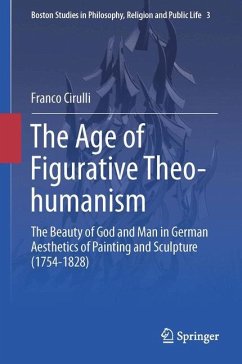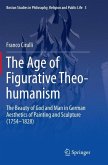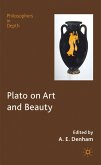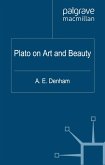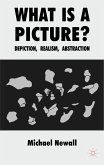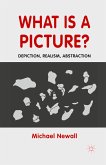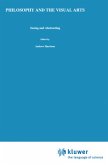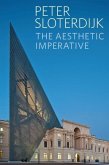This is a comprehensive, integrated account of eighteenth and early nineteenth century German figurative aesthetics. The author focuses on the theologically-minded discourse on the visual arts that unfolded in Germany, circa 1754-1828, to critique the assumption that German romanticism and idealism pursued a formalist worship of beauty and of unbridled artistic autonomy. This book foregrounds what the author terms an "Aesthetics of Figurative Theo humanism". It begins with the sculptural aesthetics of Johann Joachim Winckelmann and Gottfried Herder before moving on to Karl Philipp Moritz, Wilhelm Heinrich Wackenroder and Friedrich Schelling. The reader will discover how this aesthetic tradition, after an initial obsession with classical sculpture, chose painting as the medium more suited to the modern self's exploration of transcendence. This paradigm-shift is traced in the aesthetic discourse of Friedrich Schlegel and Georg Wilhelm Friedrich Hegel. In this work, the widespread prejudice that such aesthetics initiated a so-called "Modern Grand Narrative of the Arts" is deconstructed. One accusation directed at 18th century aesthetics has been that it realised into "Art" what had previously been a living, rich tissue of meaning: this work shows how Figurative Theo humanism's attention to aesthetic values was never detached from deeper theological and humanistic considerations. Furthermore, it argues that this aesthetic discourse never forgot that it emerged from modern disenchantment-far from occluding the dimension of secularization, it draws poignant meaning from it. Anyone with an interest in the current debates about the scope and nature of aesthetics(philosophers of art, theology, or religion) will find this book of great interest and assistance.
Bitte wählen Sie Ihr Anliegen aus.
Rechnungen
Retourenschein anfordern
Bestellstatus
Storno

